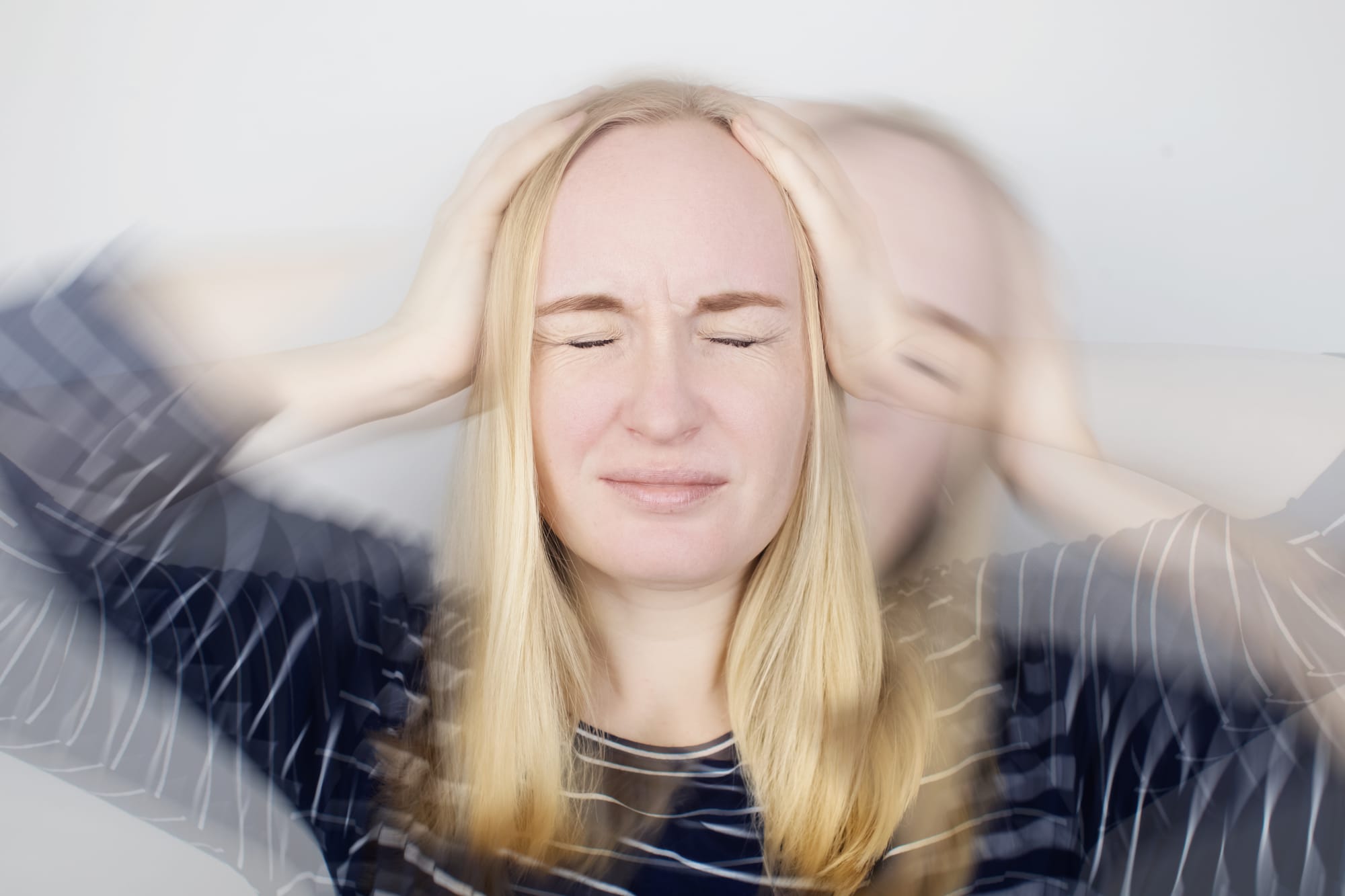Understanding Labyrinthitis: Key Facts You Should Know

Understanding Labyrinthitis: Key Facts You Should Know
Labyrinthitis is an inner ear disorder that can significantly affect balance and hearing. This condition involves inflammation of the labyrinth, a complex system in the inner ear responsible for hearing and balance. Understanding the key aspects of labyrinthitis can help individuals identify symptoms promptly and seek effective treatment to manage the condition. Here are crucial points and tips to better understand labyrinthitis.
- Definition and Basics of Labyrinthitis:
Labyrinthitis is characterized by the inflammation of the labyrinth, which causes both hearing and balance disturbances. The labyrinth contains the cochlea (responsible for hearing) and the vestibular system (responsible for balance). When it becomes inflamed, typically due to an infection, it can lead to symptoms like vertigo, hearing loss, and tinnitus.
- Causes of Labyrinthitis:
The most common cause of labyrinthitis is a viral infection. Respiratory illnesses, such as the flu or cold, can lead to viral labyrinthitis. Less commonly, the condition can be caused by a bacterial infection, usually associated with middle ear infections or meningitis. Other potential triggers include allergies, head injuries, or, rarely, autoimmune diseases.
- Symptoms to Recognize:
The primary symptom of labyrinthitis is vertigo, a sensation of spinning or moving even when still. Other symptoms include nausea, vomiting, tinnitus (ringing in the ears), hearing loss in the affected ear, and difficulties with balance. These symptoms can be sudden and intense, often leading to difficulties in performing daily activities.
- Diagnosis of Labyrinthitis:
Diagnosing labyrinthitis typically involves a physical examination, during which a doctor will check for signs of nystagmus (involuntary eye movements) and balance issues. Hearing tests might also be conducted to ascertain the impact on hearing. Additional tests such as MRI or CT scans may be recommended to rule out other causes of the symptoms.
- Treatment Options:
Treatment for labyrinthitis depends on the cause. If it's due to a viral infection, it typically involves supportive care such as rest, hydration, and medication to relieve symptoms like nausea and vertigo. For bacterial labyrinthitis, antibiotics may be necessary. Corticosteroids may also be used to reduce inner ear inflammation. It's crucial to follow the treatment plan prescribed by a healthcare provider and complete any courses of medication. Vestibular Therapy can be very helpful in facilitating compensation in the vestibular system which can improve symptoms.
- Managing Symptoms at Home:
In addition to medical treatment, certain home remedies can help manage the symptoms. Keeping well-hydrated, resting in a comfortable position, and avoiding sudden movements can help reduce the severity of vertigo and balance issues. Over-the-counter medications may also help control nausea and vertigo, but should be used under a physician’s guidance.
- Long-Term Impact and Recovery:
Most people recover from labyrinthitis within a few weeks, though some might experience symptoms for longer. In a small number of cases, patients might suffer from lasting hearing loss or ongoing balance issues. Vestibular rehabilitation therapy (VRT) may be recommended to help recover balance and reduce dizziness.
- Preventive Measures:
To minimize the risk of developing labyrinth, maintaining good hygiene, especially during infections, is crucial. Avoiding smoking and managing allergies can also help reduce the risk. It’s also a good practice to manage stress and maintain a healthy lifestyle to support the immune system.
- When to See a Doctor:
If you experience symptoms of labyrinthitis, such as sudden dizziness, hearing loss, or severe vertigo, it’s important to seek medical advice promptly. Early diagnosis and treatment are crucial for effective management and to prevent complications, such as permanent hearing loss.
- The Role of Regular Check-Ups:
Following recovery from labyrinthitis, regular check-ups can be vital, specifically for those who experienced significant complications or have recurring symptoms. These check-ups can ensure that any lingering balance or hearing issues are appropriately managed and that overall ear health is maintained.
In conclusion, labyrinthitis is a treatable condition, but it requires timely intervention to manage effectively. Understanding the symptoms, causes, and treatments is vital. With appropriate care, most individuals recover well from labyrinthitis and can return to their regular activities. Always consult healthcare professionals if you suspect labyrinthitis or if symptoms persist, ensuring the best outcomes in managing this inner ear disorder.
